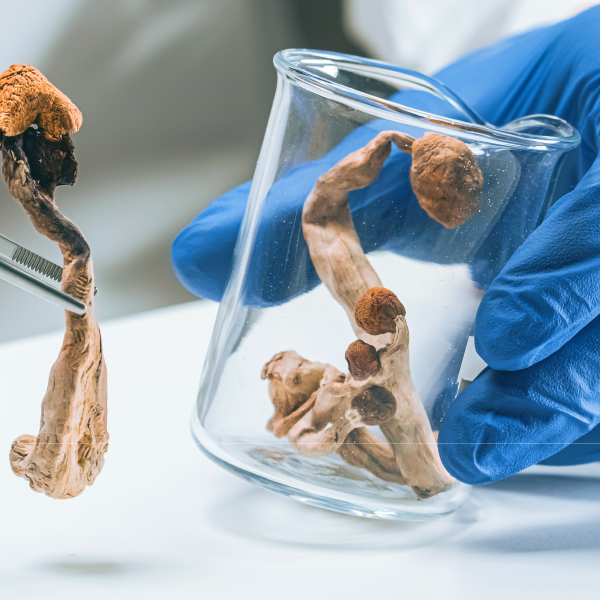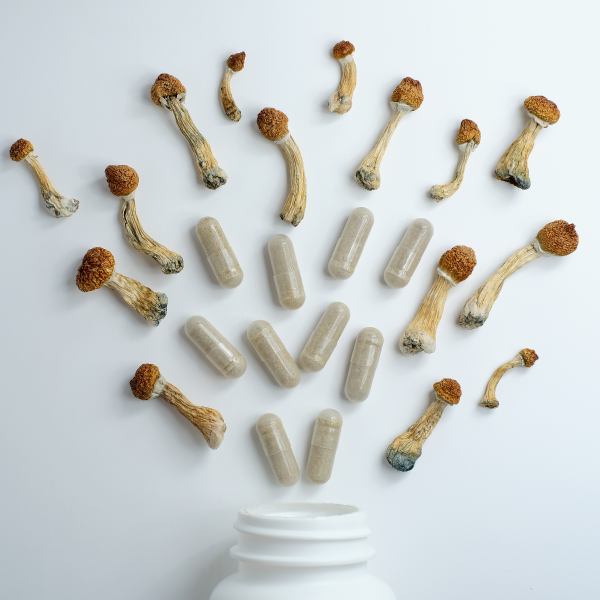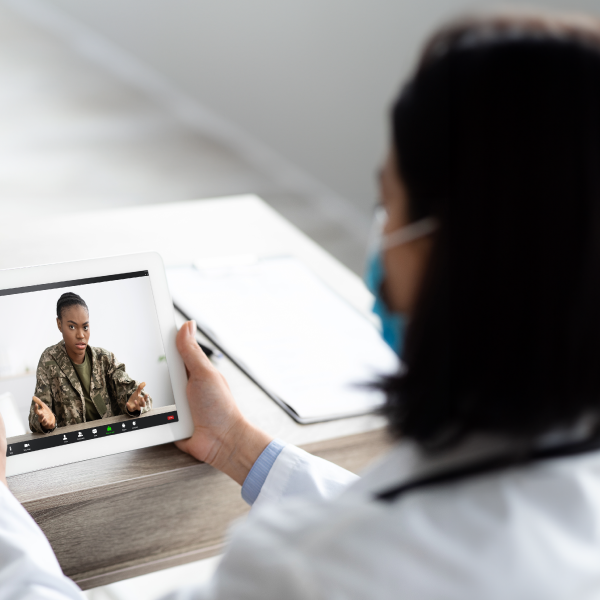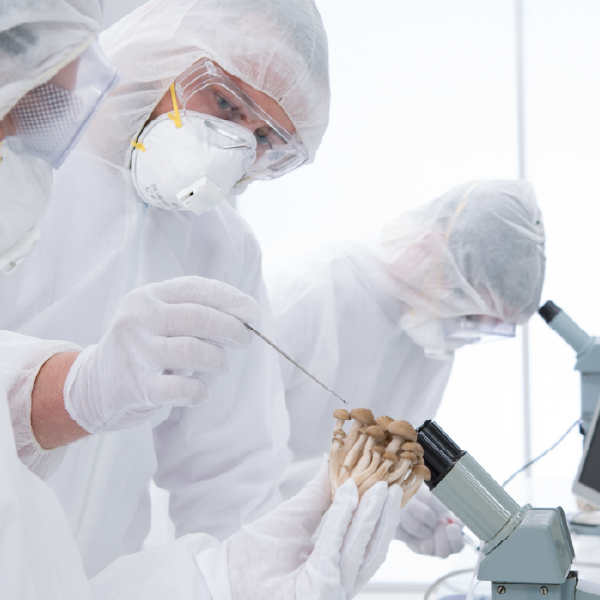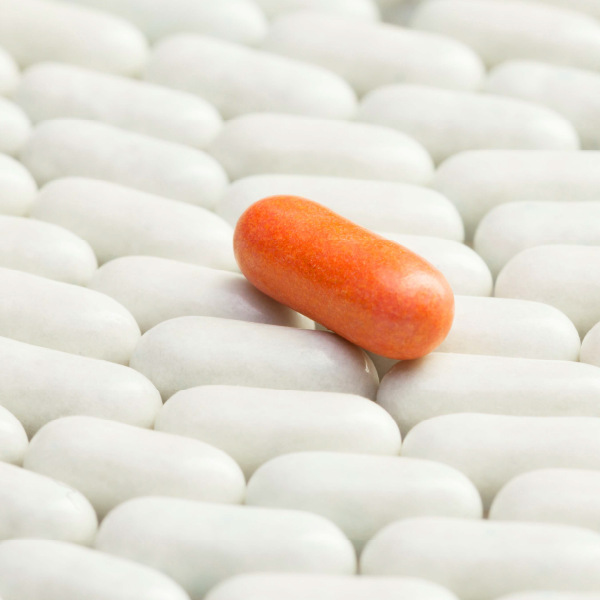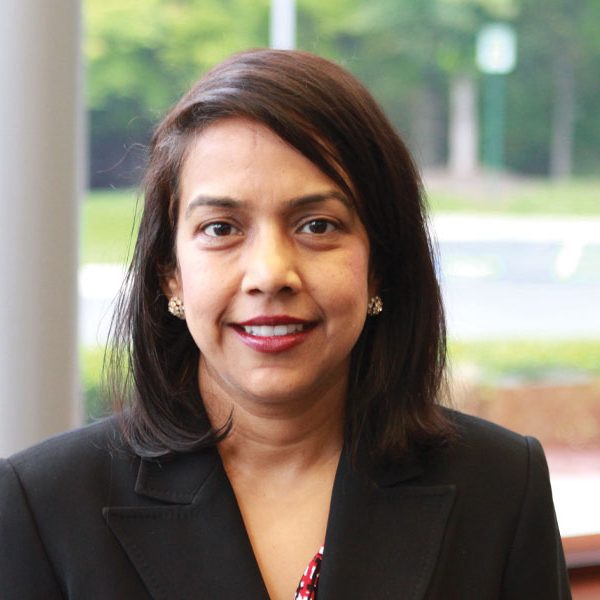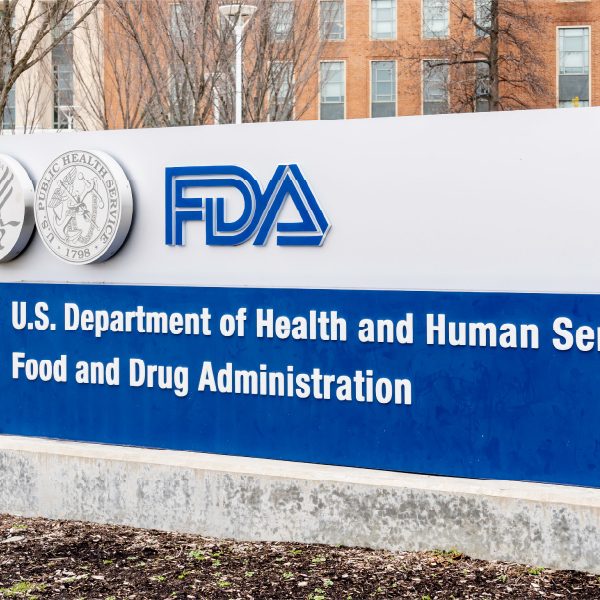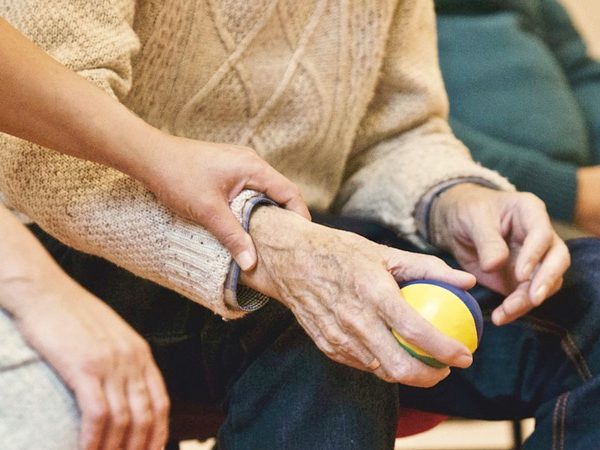How #OneMMS Actively Supports Rare Disease Day

Rare diseases are often overlooked, but they affect many individuals. There may be as many as 7,000 rare diseases affecting approximately 25-30 million people in the US alone, according to the National Institutes of Health (NIH). Rare diseases are defined as conditions that affect fewer than 200,000 people in the US and fewer than 1 in 2,000 people in Europe. The different types of rare diseases along with the small number of people they affect make it difficult for comprehensive systematic drug development in many cases.
Fortunately, researchers have made progress in rare disease diagnosis, treatment, and prevention over the years, but more research is still needed to understand and treat this diverse population. At MMS, colleagues around the world support those affected by rare diseases every day – through work, volunteer efforts, and even in their personal lives. In honor of Rare Disease Day, we would like to share two stories – more than 8,000 miles apart, but together in rare.
Running for rare
Rare diseases effect approximately 72 million in India, many of whom are children. Akbar Mohammed, proposals and contracts associate at MMS in Bangalore, has personally witnessed affected children in 2017 who could not make it to 2018. Unfortunately many children with rare diseases in India die before their fifth birthday due to a lack of appropriate medical intervention. The scenario worsens without early diagnosis and with expensive treatment options.
To support those effected by rare disease, Akbar participates in the Race for 7, which symbolically represents 7,000 rare diseases, with 7,000 people running for 7 kilometres. This run is coordinated by the Organization for Rare Disease India (ORDI) — a team committed to address the challenges of rare disease patients and their families in India. ORDI provides patients and their families access to national and international resources.
To recognize Rare Disease Day, Akbar participates in this event as he feels it is “one small part to play in spreading awareness for rare diseases.” This year, he ran in the Race for 7 on February 24, 2019 in Bengaluru.
Caring for rare
The following was written by Daniela B. Gula, MBA, manager of project and account management at MMS in Canton, Michigan.
Pancreatic Cancer is one of those quiet killers that progresses without any alerting symptoms. By the time someone starts to think that something might be wrong, it’s often too late to treat with surgery. Chemotherapy with radiation may prolong life briefly, but the prognosis is inevitable. An alarming 91 percent of patients will die within five years of diagnosis. In 2019, it is estimated that 56,770 Americans will be diagnosed with pancreatic cancer. Though a rare disease, I personally know of three people at MMS headquarters who have lost loved ones to pancreatic cancer in the last four months. My mom was one of them.
She was diagnosed in November 2017, and doctors told us the tumor was on a blood vessel – making it inoperable. The cancer had already spread to her kidneys and liver. The fighter that my mom was, she opted for chemotherapy treatment which no doubt extended her life by at least six months. Chemo was supposed to be a three-hour event, but for my mom it was never less than six, needing potassium and fluids for dehydration. She may have lost her hair and strength in the process, but not her sense of humor and sincere hope.
After a few rounds of treatment and evidence of the tumor slightly shrinking, an oncologist approved radiation therapy in combination with chemotherapy treatments. It didn’t take long for the radiation to deplete what little energy my mom had left.
I will never forget sitting in the waiting room for a radiation visit with my mom sobbing at the thought of another treatment. It was that day that my dad and I told her what she needed to hear us say – it was okay to stop. That day, hospice came in and changed the quality of life for my mom for her remaining weeks. On October 5, 2018 at 9:17 pm, she took her last breath. She was 64 years old.
Spending time with my mom over the last months of her life was a true joy for me. We laughed, cried, reminisced, and prayed. Habits were important to her and although she could no longer eat, I still placed a small plate of something in front of her, and she loved to smell her coffee although she couldn’t drink it. Even if she was sleeping, Judge Judy was on the TV at 4pm. I’d rub her feet and turn her from side to side, add another blanket, and anything else that could make her comfortable. When Mom could no longer sum up the energy to talk, I tried to read her mind and make her comfortable, talking to her as though she were talking back.
On the drive back to Michigan following my mom’s memorial, I pondered on the work we do at MMS – how each one of us plays a part in bringing new or improved medicines and treatment options to patients. Our skills – programming, statistics, regulatory writing, quality control, regulatory operations, project management, and other – all have a direct impact. Our work has a positive trickle-down effect to the patient. This was comforting to me.
In my lifetime, unfortunately, there has been no improvement in the survival rate of pancreatic cancer patients. Medical advances have come very far with many other diseases, but for pancreatic cancer, there are no detection tools – no way to diagnose its early stages. Pancreatic cancer continues to have the highest mortality rate of all cancers, and it currently is the third leading cause of cancer-related deaths in the US.
At MMS, we cannot choose the indications we work on, but all are important. Each are aimed to improve symptoms and quality of life so that people – like my mom – can live better, stronger, and longer. What we do makes a difference. What a gift we each receive each morning to unwrap our company’s mission – to deliver high quality services… that will assist our clients in developing and marketing life-changing therapies that positively affect patients’ lives worldwide.
